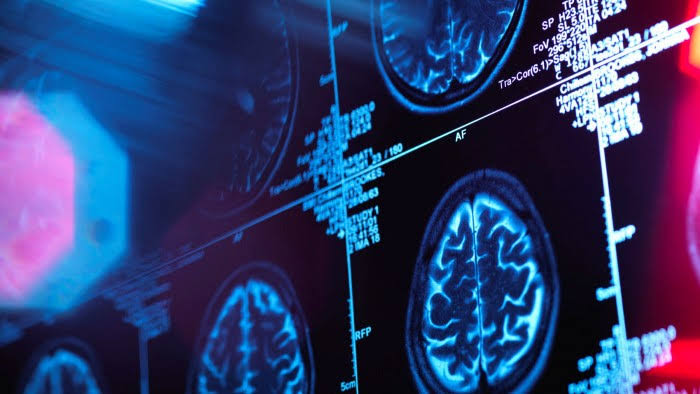In low-resource areas, AI and associated technologies can enhance healthcare swiftly. Improved and faster health care in Africa could benefit from AI.
Advanced AI technologies are now available thanks to cell phones, EMRs, and cloud computing. These technologies may help Africa gain global healthcare parity. Google, a leader in that industry, is improving continental healthcare with the technology.
Daily, Africans use Google Search, YouTube, and Fitbit to learn about their health. However, many people are unaware of its recent research projects on how AI can improve health outcomes and give health professionals the tools they need to provide better health services, such as digital tools to help healthcare workers do their jobs.
Google is working with partners across Africa to research and explore new AI-powered healthcare tools in preparation for the Africa HealthTech Summit in Kigali, Rwanda, which brings together a diverse group of digital health innovators and public health experts to share knowledge and ideas to transform Africa’s healthcare landscape.
Read also: Nigeria acquires healthcare gig app, ProLocums
Using pictures to look for skin problems
It can be hard to describe skin rashes or moles with words alone correctly. Google Lens users in the US and Japan have been able to look up information about skin diseases with pictures instead of text since the beginning of the year.
Today, this feature is being made more prominent so that it covers all of Africa.
People can take a picture, post it to Lens, and find matches that look like them.
Sometimes, you don’t know how to describe something on your body, like a bump on your lip, a line on your nails, or hair loss on your head. This feature can help.
Building healthcare worker apps with an open health stack
African frontline health professionals connect communities to the healthcare system. However, care coordination and data quality issues arise. African healthcare developers can use Google’s Open Health Stack to improve care.
This revolutionary framework makes HL7 FHIR adoption easier by enabling next-generation digital health tool creation. Google, Kabarak University, and IntelliSOFT Consulting held Kenya’s first Open Health Stack BootCamp to train local developers.
AI tuberculosis screening
The world still struggles with tuberculosis (TB). Africa accounts for 25% of TB mortality, according to the WHO. Early detection helps control the disease and improve conditions.
A non-profit with experience treating tuberculosis in Africa, Right to Care, led an AI-based organisation that Google partnered with to solve this challenge. This alliance aims to provide 100,000 AI-powered TB testing in Sub-Saharan Africa. Early detection of TB will be cost-efficient and effective.
Supporting Nigerian Emergency Obstetric Care
Nigeria is responsible for 28% of all maternal deaths, even though it only has 0.06% of the world’s births. Travel delays make things worse for mothers. Google and the OnTIME partnership built technology in Nigeria to make it easier for women to get emergency obstetric care.
Using Google’s internal directions API, which runs Google Maps, the plan tells decision-makers how long it usually takes to get to the closest emergency obstetric facilities in different areas. This vital information helps everyone figure out where pregnant women might not be able to get life-saving care quickly.
The work that Google Health is doing in Africa shows that it is serious about using AI to make healthcare better. Google is changing healthcare access and service across the continent by using AI to improve the health of mothers, screening for tuberculosis, and giving healthcare workers better tools to do their jobs.
Its Startups Growth Academy recently said its AI for Health programme would begin. The programme runs for three months and is open to high-potential Seed to Series A startups in Europe, the Middle East, and Africa. Its main goal is to help these companies with AI technology.
